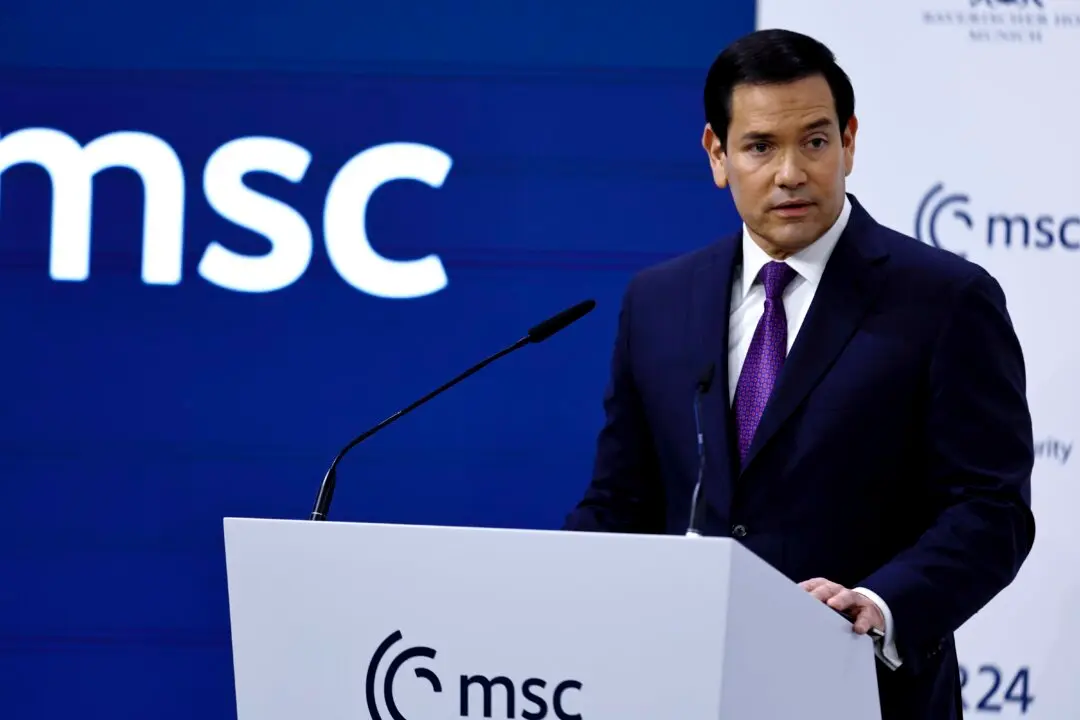A sudden jump in earthquakes more than a year ago in the Oklahoma region prompted geologists from the Oklahoma Geological Survey (OGS) at University of Oklahoma to look into whether or not there was a correlation with hydraulic fracturing, most commonly referred to as fracking. Magnitude 3 earthquakes were happening almost twice daily on average.
At first, the OGS did not fully reveal their findings, stifled by pressure from oil industry executives.
But then, the OGS made a joint statement with US Geological Survey (USGS) in October 2013, stating that wastewater disposal, among other things, could be a contributing factor, which caused oil industry executives some anxiety, according to an article by trade daily Energy Wire.





